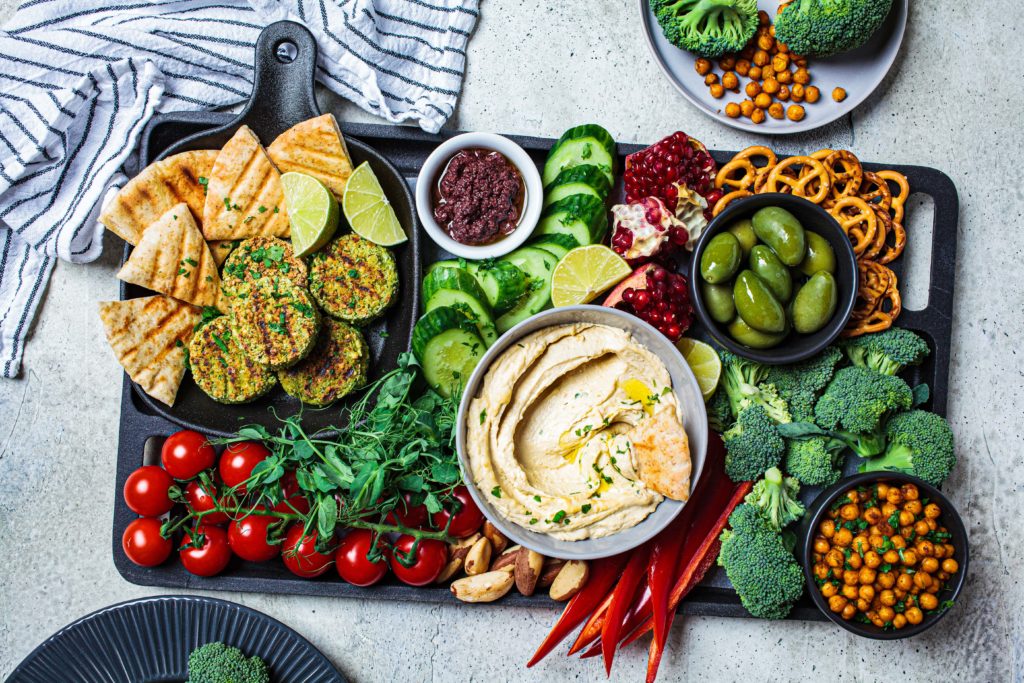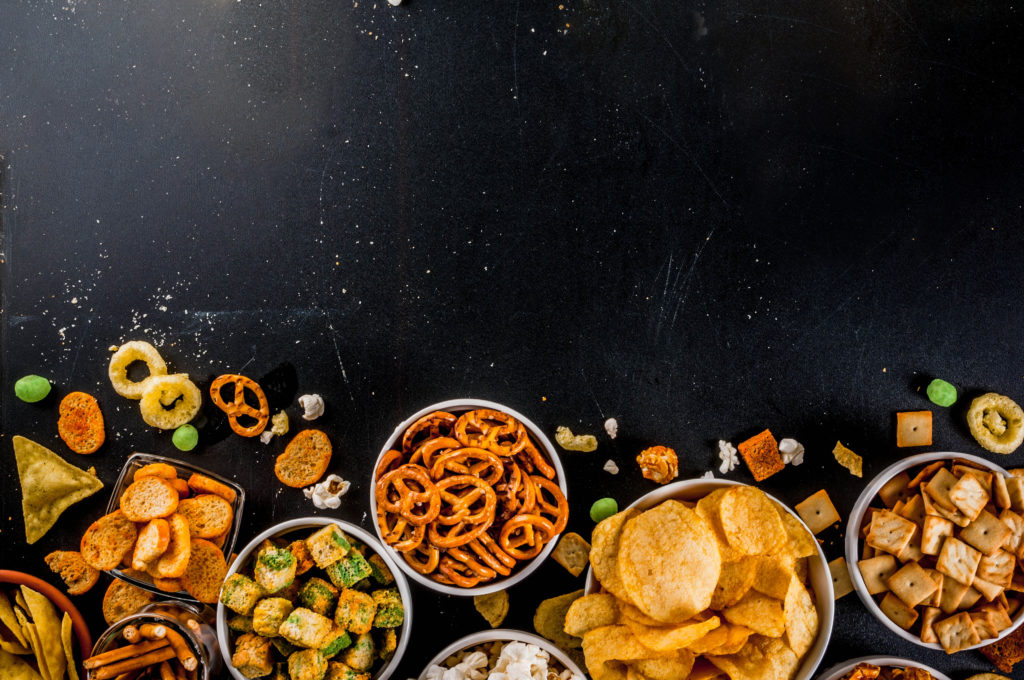Consumers Often Skip Meals but Want More Structured Eating Habits
Meal-time fragmentation is a growing trend on a global scale. Consumers are frequently skipping meals, particularly earlier in the day. For instance, FMCG Gurus’ consumer insights reveal that 47% of global consumers say they skip breakfast at least sometimes. This behaviour is often attributed to a lack of time or hunger. This indicates a shift away from traditional structured meal times to more informal eating patterns throughout the day. When meals are skipped, it is common for consumers to opt for snacks to avoid hunger.
However, these choices may lack nutritional value, contributing to rising obesity rates associated with changing meal patterns. Although, in the past year, there has been a noticeable increase in consumer efforts to combat meal-time fragmentation. This is particularly noticeable in the morning. This shift is likely linked to consumers’ desires to improve their health. Additionally, this may also be to take greater control of their finances by planning their meals more intentionally.

Snacking is Driven Mostly by Indulgence
Consumers indicate that they choose a variety of snacks. This can range from those recognized for their indulgent nature to those perceived as balanced and healthy. On the whole, consumers are most inclined to snack on chocolate and potato chips. FMCG Gurus’ market research highlights that 83% of global consumers snack on chocolate and 78% snack on potato chips. This suggests that despite intentions to enhance their overall well-being, snacking is driven more by indulgence rather than health considerations.
From a health perspective, the emphasis is on minimizing feelings of guilt associated with snacking rather than maximizing nutritional intake. In recent years, consumers have navigated through various uncertainties that have heightened their stress levels. This trend is likely to persist for the foreseeable future. As a result, this is leading people to seek snacks for escapism.

Consumers are Snacking More Frequently, but are Looking to Make their Snacking Healthier
On a global scale, 28% of consumers report an increase in their snacking frequency compared to the previous year. This is partly attributed to the hectic lifestyles that make it challenging to adhere to structured meal plans. Additionally, it is driven by consumer concerns about the cost of living, global conflicts, and other stress-inducing factors. This is prompting individuals to turn to food for escapism. Many respondents expressed efforts to promote healthier snacking habits. This suggests dissatisfaction with their current behaviours, particularly considering the increased frequency of snacking. They are striving to alleviate the guilt associated with their consumption patterns. However, while escapism often outweighs the nutritional value of snacking habits, it is unlikely that consumers will improve the healthiness of snacking.
Consumers are Snacking More as a Means of Escapism
FMCG Gurus surveyed consumers who reported an increase in snacking frequency compared to a year ago. Our findings reveal the reasons behind this change. The main response indicated that individuals are turning to snacks to alleviate stress. This is surpassing the preference for seeking out healthier options. For instance, 45% of these consumers said they are snacking more frequently to alleviate stress. This underscores the significance of not overestimating the impact of health considerations on snacking behaviours. Consumers express dissatisfaction with their emotional well-being. This includes frequently experiencing stress, anxiety, and poor sleep patterns. All of these factors affect their mood, energy levels, and ability to manage daily responsibilities. Considering the persistence of challenges such as price inflation and global conflict threats, consumers will continue to seek snacks as a means of stress alleviation.